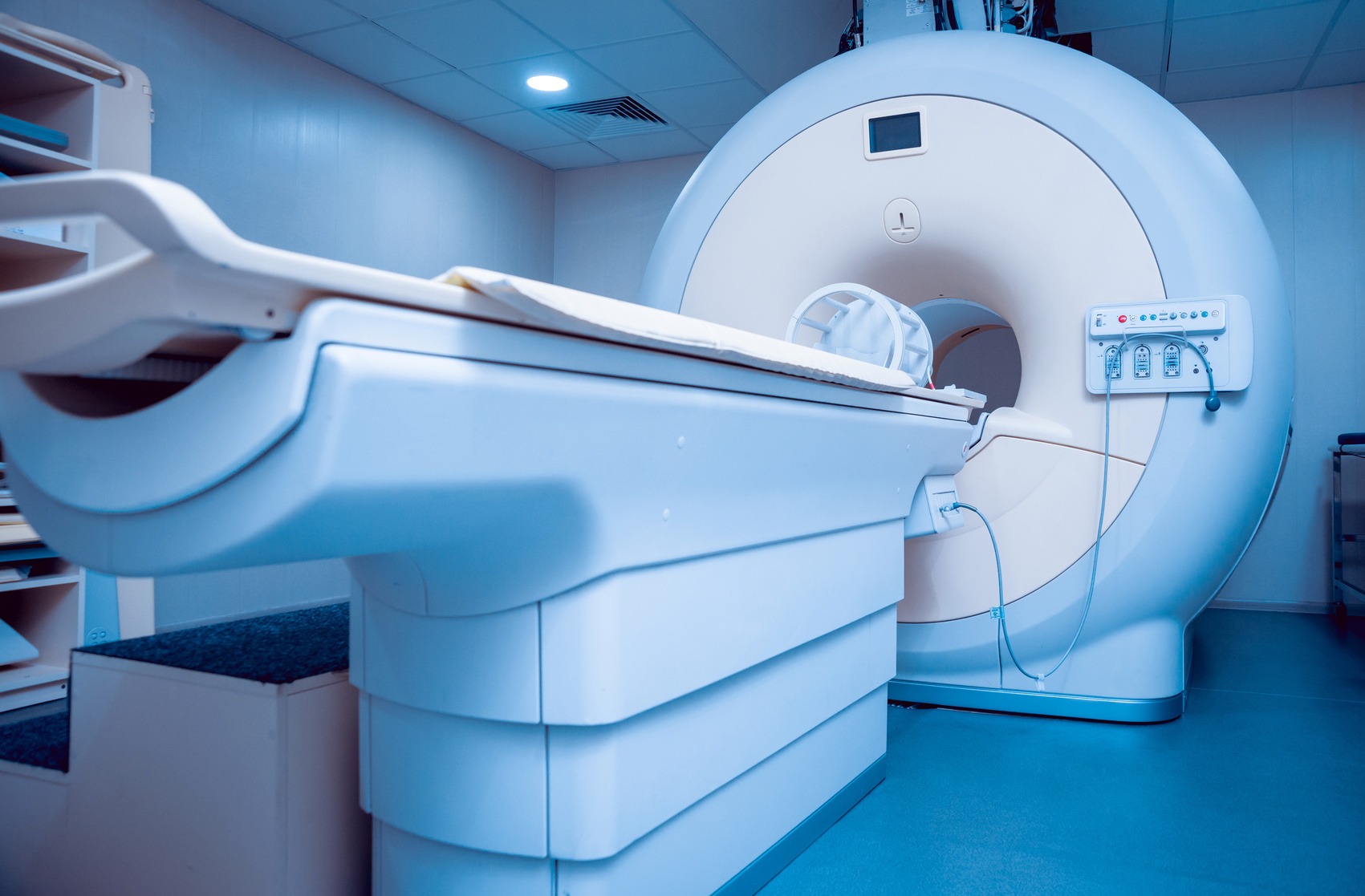
Magnetic resonance imaging (MRI) is a type of medical imaging that generates pictures of the inside of the body using magnetic fields and radio waves. Doctors use MRIs to diagnose a host of injuries and illnesses, from spinal cord injuries to multiple sclerosis to cancer.
An MRI can lead to a medical malpractice lawsuit if a healthcare professional misreads the results, causing the patient to receive an improper diagnosis that delays or prevents getting care for their condition.
If a doctor misdiagnosed or failed to diagnose your condition due to an MRI error, a medical malpractice lawyer can help. Call us at 888-526-8947.
Why Doctors Perform MRIs
Healthcare professionals perform MRIs because it is a highly effective, non-invasive, and low-risk way to see what is going on inside a patient’s body. Without MRIs, it would be much more difficult to diagnose a host of serious internal conditions, such as aneurysms and cancerous tumors.
Performed correctly, an MRI produces a clear, vivid, high-resolution image of the part of the body under examination, such as the chest or spinal cord. A healthcare professional may then examine the MRI results for abnormalities. From there, the doctor may make a diagnosis.
Risks of MRIs
Most issues that stem from MRIs happen not because of the test itself but because of a healthcare professional misread or misinterpreted its results.
In rare cases, however, an MRI can pose risks to the patient. Specifically, a patient with metal in his or her body may experience complications from an MRI. A healthcare professional has a duty to find out if a patient has any of the following:
- A prosthetic joint made of metal
- An artificial heart valve
- An implantable defibrillator
- A pacemaker
- Metal clips
- Cochlear implants in the ear
- A bullet or shrapnel embedded in the body
Even certain tattoos may contain traces of metal that can react poorly with the magnetic fields of an MRI. Pregnant women should be wary of receiving an MRI, as the effects of magnetic fields and radio waves on a developing fetus are unclear.
Call Newsome | Melton Today at 888-526-8947 — Free Medical Malpractice Consultation
If a healthcare professional misread your MRI, resulting in a misdiagnosis, or you suffered an injury during the test itself, you may have grounds for a medical malpractice lawsuit.
If you or someone you love has been a victim of medical malpractice or negligence, a lawyer from Newsome | Melton can help you hold the responsible party liable and collect the compensation you deserve. Our medical malpractice attorneys fight for the rights of injured victims.
For a free, no-risk case evaluation, call our team at 888-526-8947.
Magnetic Resonance Imaging (MRI) - Frequently Asked Questions

Many states require that you hire a doctor to testify on your behalf in a medical malpractice case. This is an essential part of proving that you were the victim of medical negligence. Ensuring you have the right doctor testify in a malpractice lawsuit is often key to winning your case. Why Would a Doctor Testify
Read More
Medical expert witness testimony is required for all malpractice cases in Florida. Only someone who meets the requirements established in F.S. §766.202(6) legally qualifies as a medical expert witness in Florida. The statute requires that a medical expert witness must: Regularly practice in their field; Hold a professional degree from a university or college; and
Read MoreMagnetic Resonance Imaging (MRI) - News Articles

On a Friday in April 2016, Michael R. Gillen woke up with a fever, a cough, congestion, and an aching body. That night as his symptoms worsened he was brought to the Holzer Clinic, his local medical provider in Ohio. Doctors at the clinic found that he had a temperature of 102.2 and tested him
Read More
According to the American Cancer Society, one out of every nine American men will be diagnosed with prostate cancer in their lifetimes. Due to advances in treatment, only one in 41 will die. The key is an early diagnosis. Michael E. Gunter, a Vietnam War veteran, was lucky to survive his bout with prostate cancer,
Read More